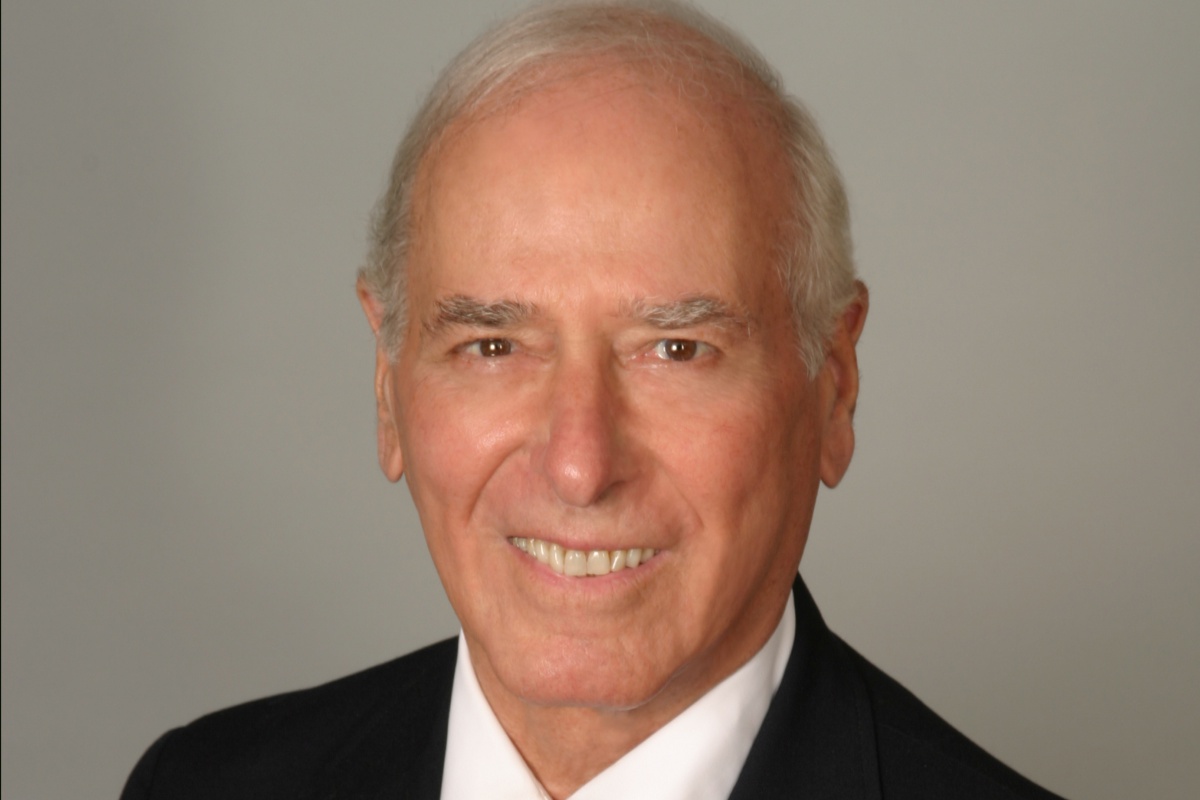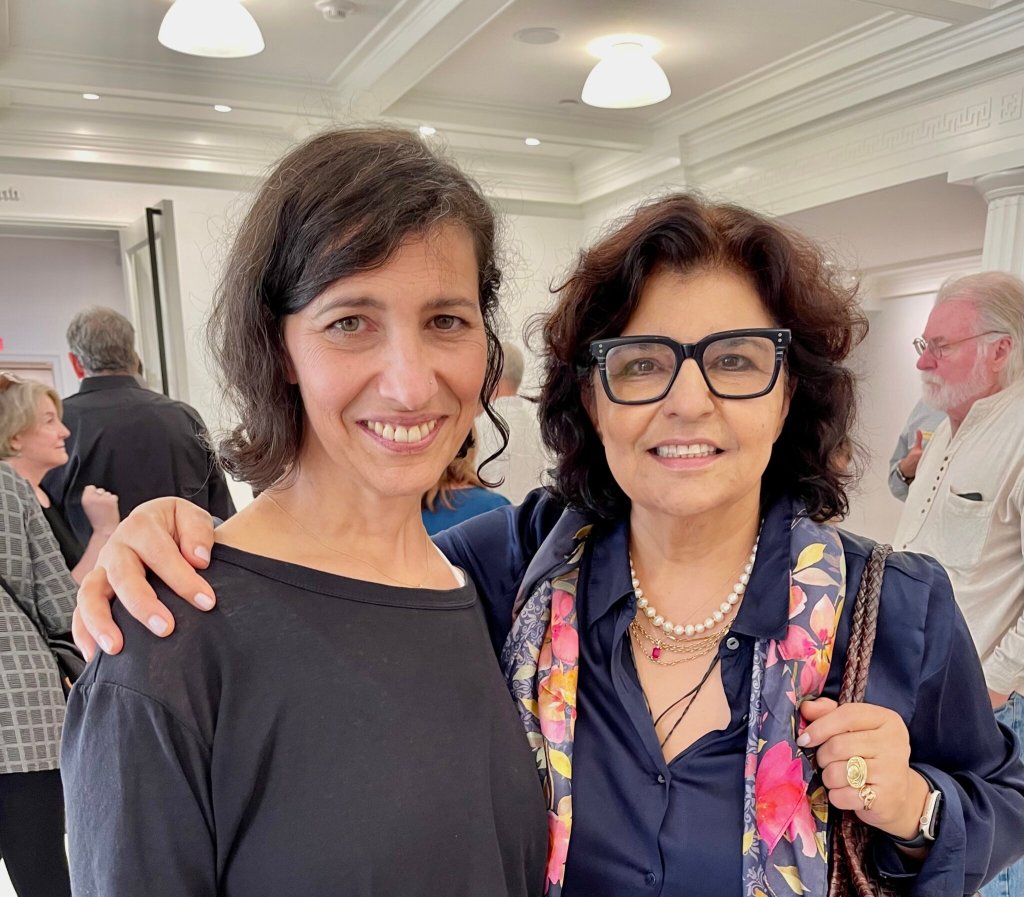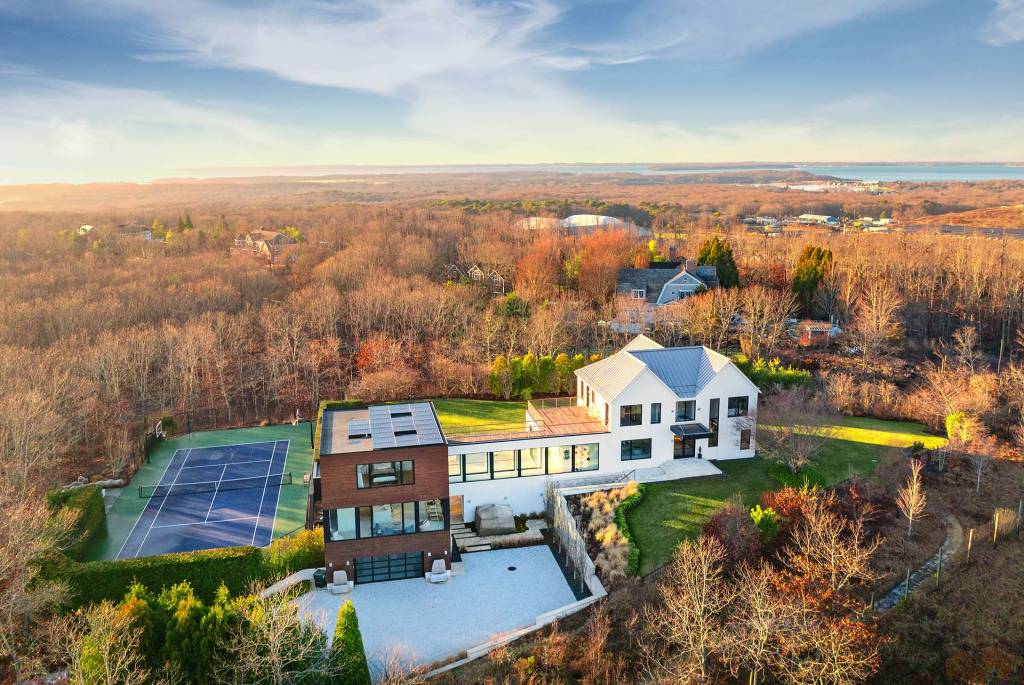Bill Marlow on Preserving the East End

William “Bill” Marlow has, for most of his long life, lived at least part time on Long Island. He spent his childhood in Valley Stream—“when that was still a farming community,” he marvels—and has moved progressively eastward over the years, one step ahead of encroaching development. His current house in Bridgehampton looks out over a beautiful pastoral scene, large open fields with horses.
“There’s no other place in the world like the Hamptons,” says Marlow, who, after a full career in law, has in recent years used his long familiarity with the area to get into the real estate business. “It is truly unique. You have the agricultural land, the finest beaches in the world, and it’s only 90 miles from the greatest city in the world. There’s no other place I know of that can say that.”
That agricultural aspect of the Hamptons, the unique sight of “potato fields right up to the sand dunes,” as Marlow puts it, has of course been under threat for as long as anyone in the Hamptons can remember. And if the agricultural side of the Hamptons were to disappear, that would remove one of the unique features of the area that Marlow cites. Without the farms and resulting open space, the Hamptons would start to resemble the rest of the South Shore—just further away from the city.
That’s why it’s so reassuring to Marlow that the Peconic Land Trust, has been so successful in preserving open space and farmland. And, with their recent acquisition of 33 acres of farmland in Water Mill, the Peconic Land Trust has, in partnership with Southampton Town, taken their model one step further—in a way that will help ensure that the land remains under cultivation. Peconic Land Trust bought the land and the town’s Community Preservation Fund, in turn, bought the development rights.
The new approach, which has been pioneered in Massachusetts and Vermont, is intended to deal with an unintended consequence of farmland preservation. What has tended to happen in affluent farming areas like the Hamptons is that farmland is acquired by a land trust as open space, and then it goes on the open market. On the open market, even though the land is protected from development, it still goes for a lot of money—in the Hamptons sometimes fetching as much as $200,000 per acre—to wealthy homeowners for use as a private park. This then has the unfortunate effect of driving up the price of open land across the region, making it even more difficult for farmers to acquire land—and making it all but impossible for farmers to will their farms to their heirs because of estate taxes.
The new model seeks to remedy this situation. By placing covenants on the land in Water Mill to the effect that the land must be farmed in perpetuity, Southampton Town has effectively reduced the value of the acreage—after all, it’s hard to imagine, say, a Hamptons second-home owner paying $200,000 an acre and agreeing to run a potato farm. The lower price makes it feasible for a farmer to consider buying the land, and lessens the fear that he or she will saddle heirs with onerous tax obligations when they inherit.
All of this is music to Marlow’s ears. “The Community Preservation Fund has taken the pressure off, and is helping tremendously,” he says. Marlow is not anti-development, but after a lifetime of watching what he calls “disorganized development” change the character of so many of Long Island’s communities, he’s clearly happy that it has slowed down east of the Shinnecock Canal.
Citing the successful mid-1970s struggle against the plan to extend Sunrise Highway all the way to Amagansett, Marlow points out that “the local people here have always taken a wise, intelligent view” about potentially destructive development. As he sees it, the high real estate values of the area depend upon that. “They’ve preserved something very precious,” Marlow concludes.
William Marlow, Douglas Elliman Real Estate, 2488 Main Street, Bridgehampton, 631-537-5900,
william.marlow@elliman.com



